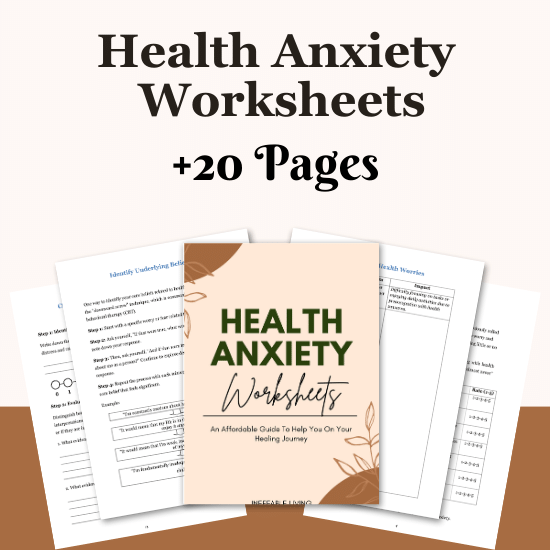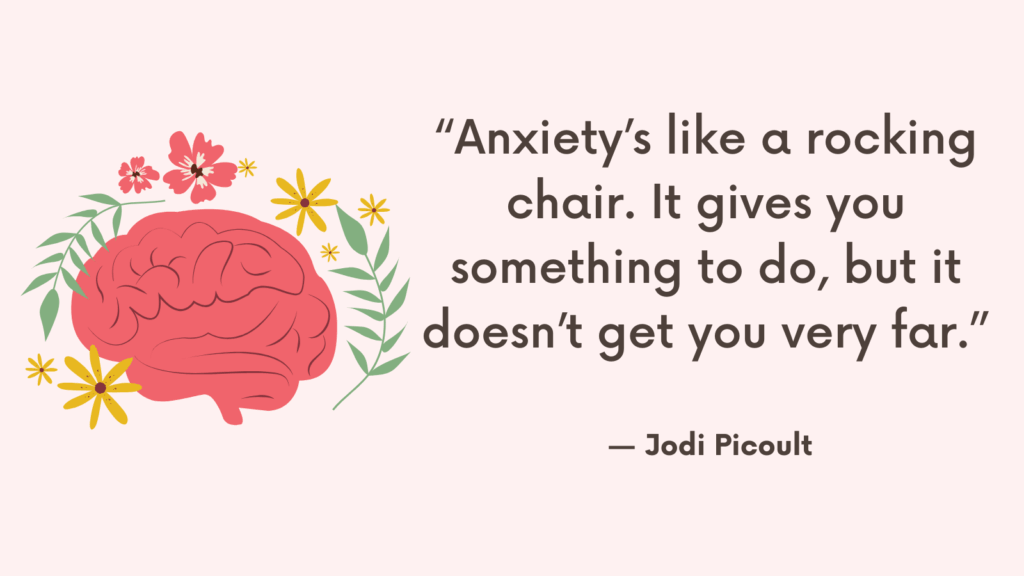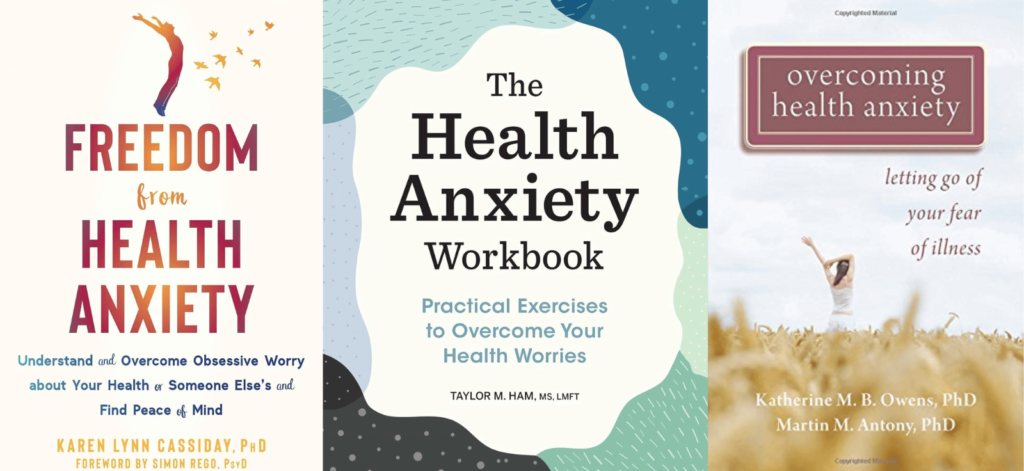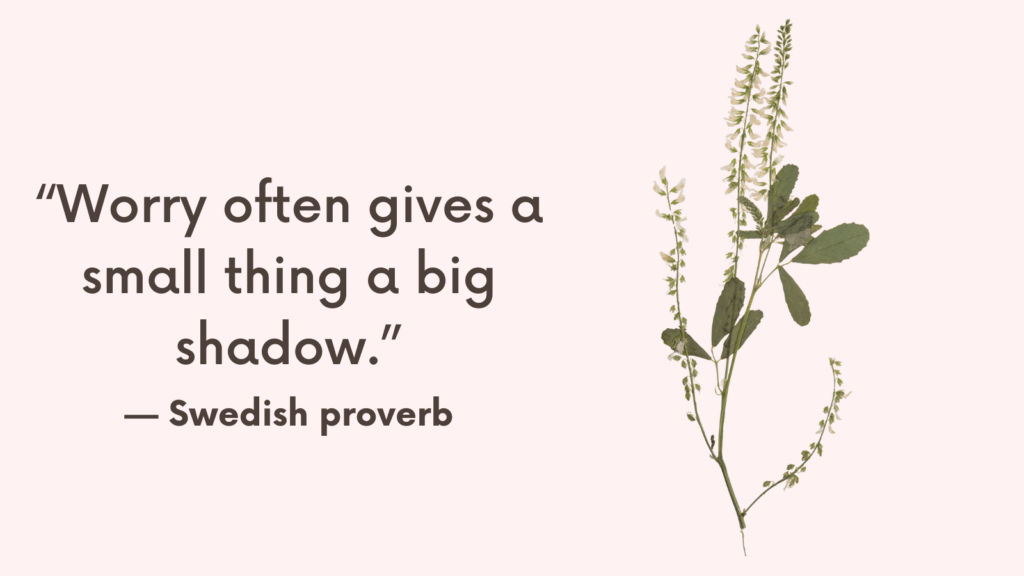When you struggle with health anxiety, it can be deeply isolating — especially if your friends or family don’t understand what you’re going through. They may offer unhelpful advice like “Just stop thinking about it” or dismiss your fears as irrational. While their intentions may be good, their misunderstanding can leave you feeling unseen or invalidated. Here’s how to respond with clarity, boundaries, and self-respect.
What Is Health Anxiety?
Health anxiety is more than occasional worry about getting sick. It’s a persistent, often overwhelming fear of having—or developing—a serious medical condition. Even when medical tests come back normal or doctors give the all-clear, the worry doesn’t go away. Instead, it often intensifies, looping the individual into a cycle of anxiety, body-checking, and constant vigilance.
This condition is also known as illness anxiety disorder (in clinical settings) and was previously referred to as hypochondriasis. But those terms don’t capture the intense emotional toll that health anxiety can have. For someone struggling with it, their body can feel like a battlefield: every ache, twitch, or heartbeat becomes a potential warning sign of something catastrophic.
Related: Best 7 Health Anxiety Books
How It Feels to Live With Health Anxiety
Imagine waking up with a mild headache. For most people, it’s a minor inconvenience. For someone with health anxiety, that same headache might spiral into thoughts of brain tumors, aneurysms, or neurological diseases. Even after taking pain relievers or getting rest, the fear lingers. They may begin Googling symptoms, seeking reassurance from friends, or booking an urgent doctor’s appointment. And even when medical professionals confirm there’s nothing wrong, the relief is temporary—soon another symptom or sensation takes its place.
This kind of anxiety isn’t just mental. It often causes physical symptoms too: tight chest, nausea, rapid heartbeat, dizziness, or fatigue. These symptoms—ironically caused by anxiety—can seem to confirm the person’s worst fears about their health, making the anxiety even worse.
Common Behaviors in Health Anxiety
Health anxiety can show up in two extremes:
- Reassurance-seeking: Constant doctor visits, asking loved ones for confirmation that “everything is okay,” or obsessively researching symptoms online.
- Avoidance: Avoiding medical appointments, hospitals, or anything health-related for fear of confirming a devastating diagnosis.
Both behaviors are attempts to cope—but they often reinforce the anxiety instead of resolving it.
Related: How to Cope with Health Anxiety without Medication?
Why Health Anxiety Happens
There’s no single cause of health anxiety, but it’s usually influenced by a mix of:
- Past experiences with illness (personal or within the family)
- Trauma or grief linked to health issues
- General anxiety or obsessive thinking patterns
- Being highly attuned to bodily sensations
- Overexposure to medical information through the internet or media
For some, it begins in childhood. For others, it emerges after a health scare or a stressful life event. What they share in common is a deep fear of being helpless in the face of illness—and the compulsive urge to do something about it.
How to Respond to Friends or Family Who Don’t Understand Health Anxiety?
1. Explain What Health Anxiety Actually Is
Gently educate them:
- “Health anxiety isn’t just worrying — it’s an intense fear that something is medically wrong, even if I’ve been reassured.”
- “It’s not that I want to be anxious — it’s that my brain is stuck in a loop of fear I didn’t choose.”
Simple, honest explanations help others understand this isn’t something you’re making up or seeking attention for.
2. Share What You Need (and Don’t Need)
Let them know how they can support you:
- “When I’m anxious, I don’t need more information — I need calm and patience.”
- “I’m not looking for reassurance or diagnosis, just someone to listen.”
Clear communication gives them a role that helps instead of harms.
Related: Hypochondria: How to Deal with Health Anxiety?
3. Use Personal Analogies
Make it relatable:
- “Imagine if your smoke alarm kept going off even though there was no fire — that’s how my mind reacts to normal body sensations.”
- “It’s like trying to ignore a siren that keeps getting louder — even when nothing’s wrong.”
4. Set Boundaries Around Certain Conversations
If they dismiss your fears or fuel your anxiety, you can say:
- “I’d rather not talk about health topics — it tends to trigger my anxiety.”
- “I appreciate your concern, but I need to set a boundary around this right now.”
5. Correct Gently, Without Defensiveness
If they say something invalidating like “Just calm down,” respond with:
- “I know it might seem simple from the outside, but calming down isn’t always a quick switch for me.”
- “It’s not about logic — it’s about fear. I’m working on it.”
Related: Best 45 Health Anxiety Affirmations
6. Invite Them Into the Process
Share something that’s helping you, like a CBT strategy, a worksheet, or a short article. You might say:
- “This really helped me understand what’s going on — would you be open to reading it so we can talk more about it?”
This turns frustration into connection.
7. Accept That Not Everyone Will Understand
Some people simply won’t get it — and that’s okay. You don’t need universal approval to heal. Focus your energy on those who listen, even if they don’t fully understand.
8. Build a Support System That Does Understand
Find a therapist, join a support group, or connect with others online who deal with health anxiety. Surrounding yourself with people who “get it” can be incredibly validating and healing.
9. Protect Your Peace
If someone constantly invalidates or triggers your anxiety, limit how much you share or how often you engage. You can love someone and still protect your boundaries.
10. Reaffirm Your Own Validity
Remind yourself:
- “I’m not overreacting — I’m managing something real.”
- “I deserve compassion even when others don’t understand.”
Your journey doesn’t need anyone else’s permission to matter.
Related: How to Break the Panic Attack Cycle?

Conclusion
You can’t control how others respond to your health anxiety — but you can control how much power you give their misunderstanding. You deserve empathy, not explanation. Respect, not reasoning. And above all, support that actually supports.



